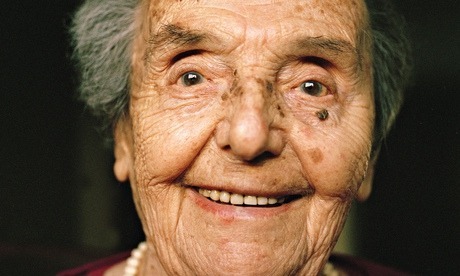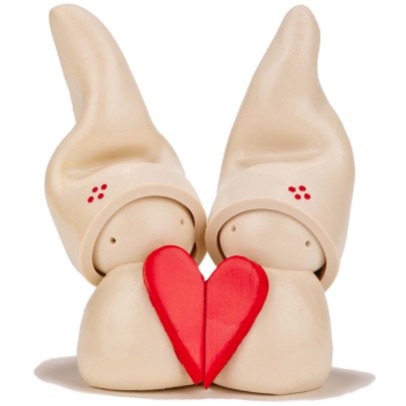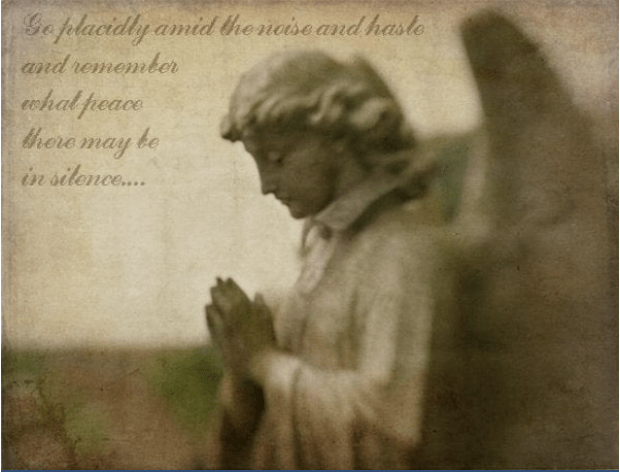The Bridgewater Badgers: Band of Brothers . . .
January 28, 2014'You count. You actually matter . . .'
March 18, 2014 She endured much during her 11 decades on Earth. She experienced great pain and suffered great loss. Her mother and her husband both died in the concentration camps that she survived. Friends murdered, atrocities perpetrated, she witnessed it all. Yet Alice Herz-Sommer had no hatred in her heart.
She endured much during her 11 decades on Earth. She experienced great pain and suffered great loss. Her mother and her husband both died in the concentration camps that she survived. Friends murdered, atrocities perpetrated, she witnessed it all. Yet Alice Herz-Sommer had no hatred in her heart.
‘She’s the most incredible person I ever met,’ says Frederic Bohbot, a filmmaker whose 38-minute documentary, The Lady in Number 6, is expected to fare well at the Oscars this weekend. ‘I think she had no material desires, she was curious about everyone and she had no hatred in her. She loved everyone in so many ways’.
Sadly, Alice won’t be in Hollywood when the film about her remarkable life is celebrated. You see, aged 110 and believed to be the oldest survivor of the Holocaust, Alice died in a North London hospital on Sunday.
Born in Prague in 1903, she lived a remarkable life. Her family’s friends included Franz Kafka and Gustav Mahler, the great composer, and it was in music (for she was to become an accomplished pianist) that Alice found salvation.
Imprisoned at Theresienstadt – a concentration camp better than most and one that the Nazis used in an attempt to convince a skeptical outside world that inmates were being treated well – she was part of an orchestra used for propaganda purposes. She played for the incarcerated and unfortunate and later claimed that her musical abilities had saved her life. ‘If there’s music, it can’t be so terrible,’ she once said. Her optimistic outlook – her spirit, determination and defiance – could never be broken and her smile never slipped. In reality, Theresienstadt was terrible and not all could present such a brave face.
In all, 35,000 died there. Leopold, Alice’s husband, was transferred to Auschwitz and then to Dachau, where he died from typhus. Her mother, who was 73 years old when she was taken to Theresienstadt, never came home. Having endured so much, it is astonishing that Alice – known affectionately as Gigi – was able to find such contentment in later life. Refusing to dwell on the horrors of Theresienstadt and instead focusing all her efforts on the pleasure that she took from her music (to her final days, she could be found entertaining neighbors with her piano playing), Alice should serve as an inspiration to us all.
‘I think I’m in my last days but it doesn’t really matter because I’ve had such a beautiful life,’ she said recently. ‘Life is beautiful, love is beautiful and nature and music are beautiful. Everything we experience is a gift, a present we should cherish and pass on to those we love. Every day is beautiful and I’m full of joy. Music is an island of peace, beauty and love. Music saved my life and music saves me still.’
We’re sharing Alice’s story for several reasons, not least because hers is an extraordinary tale and one that deserves to be told over and over. Alice is a link to a past that must never be forgotten, a time when it seemed as though hatred might just conquer love and a period when courage has never been needed more. No-one was braver than Alice, who despite all the cruelties committed, never gave in to hatred and never abandoned the principles and the qualities that made her the inspirational person she was. Qualities such as courage and beauty. Qualities such as spirit and generosity, peace and love.
In celebrating her past, we look to our future, for this is the path that we must take. Alice has shown us the way. It’s up to us to follow.




